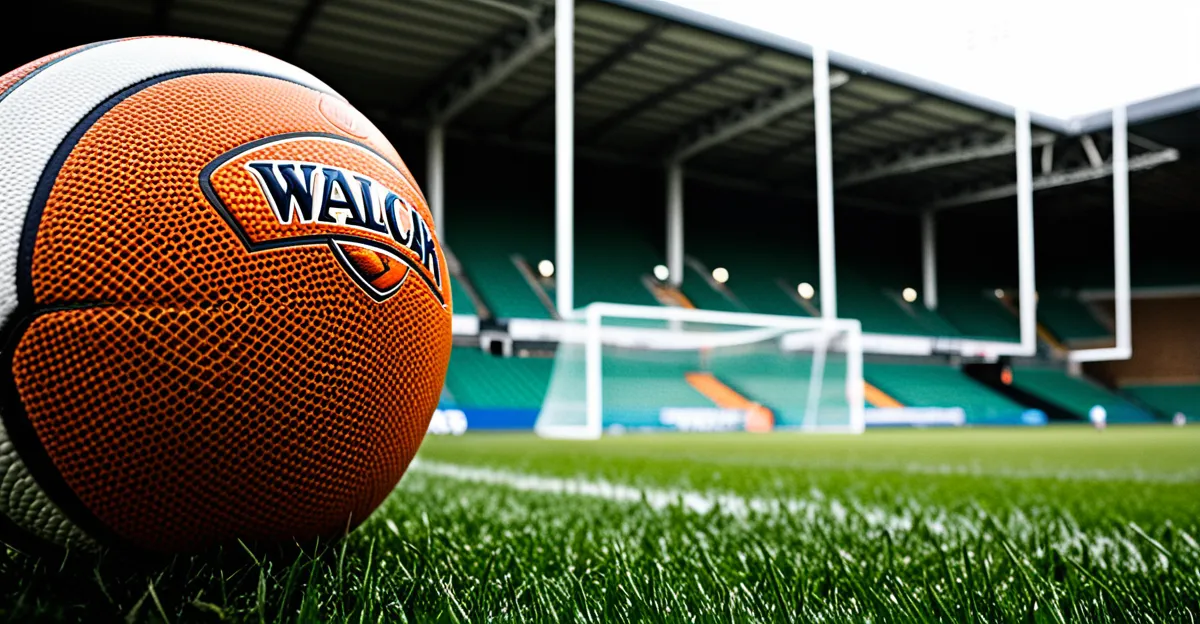Community Impact and Social Role of UK Sports Clubs
UK sports clubs play a pivotal role in building community bonds and fostering local engagement. These clubs frequently act as social anchors within their communities, creating spaces where individuals from diverse backgrounds come together. This enhances a sense of belonging and mutual support, essential for vibrant community life.
Local initiatives supported by UK sports clubs often address pressing societal needs. Clubs engage in charitable work, partnering with nonprofits and local authorities to provide resources and assistance. Their involvement ranges from fundraising events to volunteering efforts that directly benefit vulnerable groups, displaying strong social responsibility.
Have you seen this : Why Are Team Dynamics Crucial in UK Sports Success?
Beyond fundraising, many clubs implement outreach programs that contribute positively to the local area. For instance, they may organize health and wellness campaigns or educational workshops that extend benefits beyond club members. This proactive approach amplifies the community impact and underscores the social responsibility that UK sports clubs uphold.
In summary, the community impact of UK sports clubs is deeply intertwined with their dedication to local engagement and social causes, making them influential pillars of social cohesion and collective support.
Topic to read : Strategies for Improving Your Fitness through UK Sports Activities
Personal Development and Youth Programs
UK sports clubs are vital platforms for youth development, offering structured environments where young people engage in grassroots sports that foster both physical skills and personal growth. These clubs provide more than just athletic training; they create spaces that encourage discipline, teamwork, and resilience—key life skills that support holistic development.
One of the core strengths of UK sports clubs is their focus on mentorship. Experienced coaches and volunteers guide young athletes, nurturing future leaders through personalized support and example-setting. This mentorship extends beyond sport, helping youths navigate challenges, build confidence, and develop social skills that benefit their broader lives.
Youth engagement within these clubs often includes educational elements aimed at fostering responsibility and goal-setting. Programmes typically combine sport with workshops or activities tailored to personal growth, ensuring that participants gain valuable competencies alongside their athletic progress. This integrated approach highlights the significant role of UK sports clubs in shaping empowered and well-rounded young citizens.
Promoting Inclusion and Diversity
UK sports clubs are increasingly committed to inclusion in sports, recognizing that diversity enriches club culture and broadens participation. They actively implement policies to ensure that people of all backgrounds feel welcome, aiming to dismantle barriers linked to gender, ethnicity, disability, and socioeconomic status. This commitment reflects a growing awareness of equal opportunities as a foundation for healthy, vibrant communities.
Accessibility forms a core part of these initiatives. Clubs are investing in adaptive facilities, tailored coaching, and flexible membership options to accommodate underrepresented groups. For example, providing wheelchair-accessible venues and organizing sessions for differently-abled players demonstrate practical steps towards fostering participation. These initiatives directly increase the community impact by making sports available to a wider audience who might otherwise be excluded.
Efforts to promote diversity extend to club governance and staffing. UK sports clubs strive to recruit coaches and leaders from diverse backgrounds, creating role models that reflect the communities they serve. This inclusive staffing approach helps nurture a sense of belonging and encourages wider engagement across the local population. By embedding diversity and accessibility into their core practices, UK sports clubs enhance their social responsibility and strengthen local ties.
Off-field Initiatives and Social Hub Activities
UK sports clubs extend their community impact beyond the playing field by functioning as essential social hubs that foster local engagement. These clubs organize a wide range of club events such as family days, cultural celebrations, and community fairs, which bring together diverse groups within the area. Such events promote social interaction and build lasting relationships, creating a supportive environment that thrives on collective participation.
Outreach programs spearheaded by UK sports clubs address broader community needs, reinforcing their commitment to social responsibility. For example, clubs frequently host health awareness workshops and coaching clinics open to all ages. These initiatives provide valuable education and promote well-being, reflecting the clubs’ role as catalysts for positive change within their locales.
Moreover, many clubs collaborate with local organizations on targeted projects, such as food drives or youth mentorship outside of sports. By offering their facilities as venues for community services and support groups, UK sports clubs enhance local engagement and accessibility. This dual function—as centers for both sport and social activity—embodies their pivotal position in cultivating stronger, more connected communities.
Historical and Cultural Significance
UK sports clubs boast a rich history that deeply intertwines with local identity and tradition. Many clubs originated in the 19th and early 20th centuries, founded by working-class communities seeking organized recreation and social interaction. Over time, these clubs evolved alongside their neighborhoods, reflecting societal changes while preserving longstanding cultural heritage.
This historical connection creates a strong sense of belonging among members and supporters. The continuity of local sports clubs often symbolizes community resilience and pride. For example, annual tournaments and traditional rituals held by clubs celebrate both sporting achievement and shared cultural values, reinforcing communal bonds.
Moreover, the cultural heritage embedded in these clubs contributes to regional distinctiveness within the broader UK landscape. Clubs act as living repositories of local stories and customs, linking generations through shared experiences. Through their historical roots, UK sports clubs not only promote physical activity but also sustain the cultural fabric that defines their communities.
Case Studies: Clubs Making a Difference
Delving into case studies reveals how UK sports clubs translate their community commitments into tangible outcomes. Football clubs supporting mental health exemplify this by tailoring programs that address psychological well-being alongside physical fitness. These initiatives often include peer support groups and expert-led workshops, enabling participants to openly discuss challenges, thereby reducing stigma around mental health.
Rugby clubs delivering education programs illustrate how sports serve as a platform for broader youth development. They frequently collaborate with schools and charities to organize coaching clinics and academic support sessions. Such programs focus on discipline, teamwork, and leadership, equipping young players with skills valuable both on and off the pitch.
Cricket clubs driving social change focus on local engagement through projects that raise awareness and encourage active citizenship. Many run community forums and intergenerational events designed to foster dialogue and inclusion. By doing so, these clubs amplify their social responsibility and strengthen communal bonds.
Together, these examples demonstrate the multifaceted roles that UK sports clubs play in advancing personal growth, social cohesion, and empowerment within their communities.











